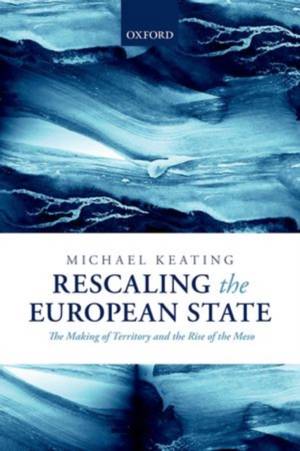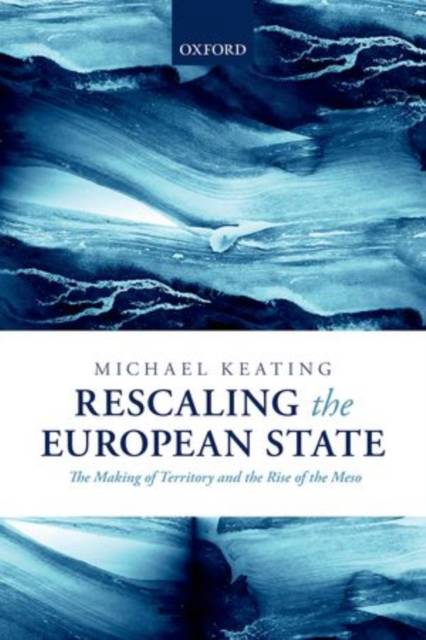
- Afhalen na 1 uur in een winkel met voorraad
- Gratis thuislevering in België vanaf € 30
- Ruim aanbod met 7 miljoen producten
- Afhalen na 1 uur in een winkel met voorraad
- Gratis thuislevering in België vanaf € 30
- Ruim aanbod met 7 miljoen producten
Zoeken
Rescaling the European State
The Making of Territory and the Rise of the Meso
Michael (Professor of Politics, University of Aberdeen and Part-
Hardcover
€ 168,45
+ 336 punten
Omschrijving
The volume will provide a fresh and engaging analytical approach to the processes of rescaling in Europe within the context of democracy, efficacy in government, and social solidarity.
Specificaties
Betrokkenen
- Auteur(s):
- Uitgeverij:
Inhoud
- Aantal bladzijden:
- 248
Eigenschappen
- Productcode (EAN):
- 9780199691562
- Verschijningsdatum:
- 28/11/2013
- Uitvoering:
- Hardcover
- Afmetingen:
- 164 mm x 240 mm
- Gewicht:
- 532 g

Alleen bij Standaard Boekhandel
+ 336 punten op je klantenkaart van Standaard Boekhandel
Beoordelingen
We publiceren alleen reviews die voldoen aan de voorwaarden voor reviews. Bekijk onze voorwaarden voor reviews.







